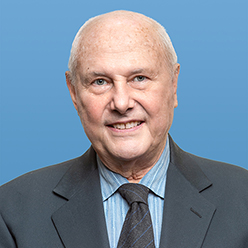In spite of their rich common heritage and deep history of cooperation, there is less regional cooperation and coordination among CAMCA countries today than in any other world region. With notable exceptions, a “soft autarky” prevails. Following the collapse of the USSR, centrifugal forces led to armed conflict, mutual isolation of the new regional states, and their manipulation by outside powers. By contrast, rising centripetal forces have led to innovative projects in transport, trade, cooperation on many pressing issues, and cordial inter-governmental relations at the presidential level. That the countries of Central Asia were able to join forces to rid their region of nuclear arms suggests the potential of this current. Our experts will ask whether cooperation and coordination among the CAMCA countries has reached its natural limit, or if it can advance further and lead to region-wide coordinating bodies to foster more extensive interaction among sovereign states?
Moderator: Dr. S. Frederick Starr, Chairman, Central Asia-Caucasus Institute, AFPC
Speakers:
Dennis de Tray, Board Member and Adviser to the President, Nazarbayev University
Dr. Subir Lall, Deputy Director, Middle East and Central Asia Department, IMF
Dr. Eldor Aripov, Director, Institute for Strategic and Regional Studies under the President of the Republic of Uzbekistan
Dr. Taleh Ziyadov, Director General, Baku International Sea Trade Port, Azerbaijan
Aziza Umarova, Co-Founder, SmartGov Consulting; CAMCA Network Member, Uzbekistan
